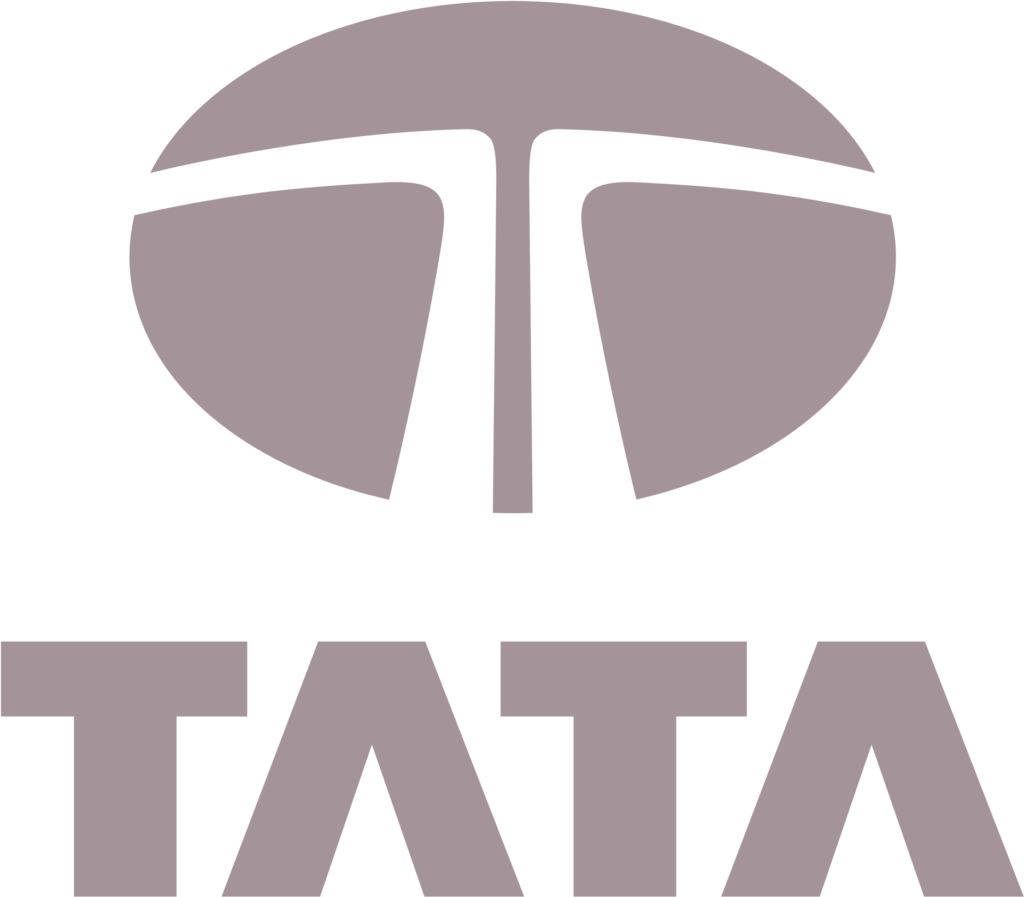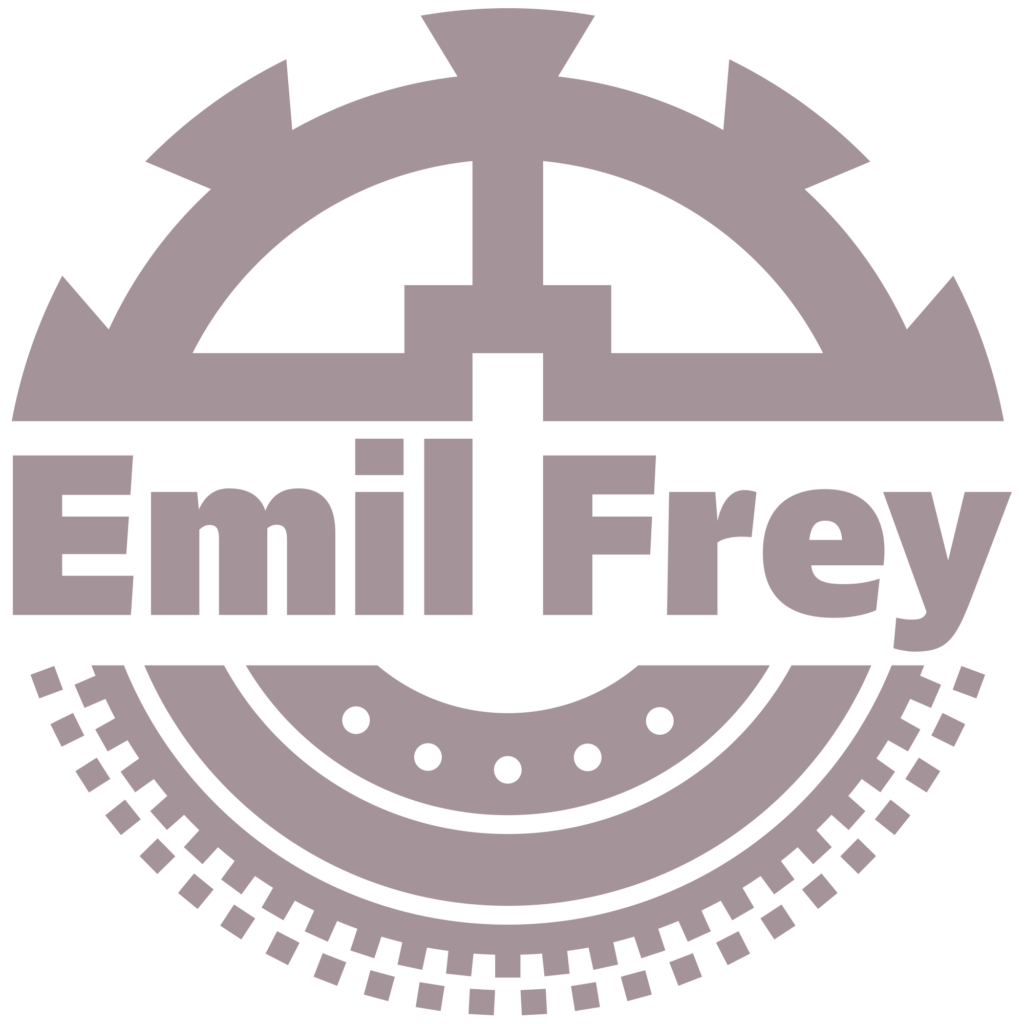Automotive
The automotive industry was severely hit by the 2008 crisis, leading to the closure of production plants and hiring freezes. After a short period of growth, the industry is again facing uncertainty due to a significant decrease in diesel vehicle sales as a result of changes in public policies, the difficult shift towards electric vehicles and the global trend towards car sharing. These evolutions tend to decrease anticipated sales but bring new business opportunities.
Challenges in the automotive industry
Facing these events is challenging for car manufacturers and auto parts suppliers. Recent initiatives, such as the acquisition of Kapten by Daimler and Michelin’s strategy of investing in mobility services, especially in digital technologies, demonstrate the massive shift that is coming in the future.
The impact on operations is significant. A complete change of the industrial tools, the need for agility in a traditionally cost-focused industry where fast adaptation of production capacities or mix is a huge problem and the management of spare parts in a circular economy including electric batteries have all changed the operational landscape.
How we can help with the automotive industry
We support manufacturers and suppliers in the necessary transformation of their operations with a particular focus on agility, from identifying issues to the implementation of performance levers:
Procurement and upstream optimisation
- Sourcing strategy
- Supplier collaboration and performance
- Reduction of procurement delays
- Stock optimization
- Procurement performance
Industrial strategy
- Optimizing footprint
- Allocation of products to sites based on demand uncertainty
- Vehicle sales forecasts and S&OP
- Industrial performance and lean management
- Maintenance of industrial infrastructures
Supply chain planning
- Demand management
- Multisite planning
- Capacity planning and optimization of the vehicle film
- Scheduling optimization
- Management of synchronized flow
- Just-in-time flow
Optimizing the distribution of vehicles
- Real-time flow follow-up thanks to IoT solutions
Optimization of the spare parts supply chain
- Service strategy and logistics strategy
- Optimization of assortments in the network and sales forecasts with machine learning technologies
- Supply chain planning
- Inventory reduction
- Logistics process efficiency for transportation and warehousing services
Our approach
We apply a combination of technical expertise, operational experience and business knowledge to help our clients solve automotive issues and deliver lasting results. Our personal and pragmatic approach, with challenge where needed, ensures buy-in at all levels of our clients’ businesses and a successful outcome. We have worked with a wide range of organizations in the automotive industry including Michelin, PSA Groupe, Europcar, Autodistribution, Renault, Emil Frey, The Commercial Vehicle Business Unit (CVBU) of Tata Motors, Manheim Global Trader, Genuine Parts Company (GPC) and Avvashyacci. Learn more about us here.
